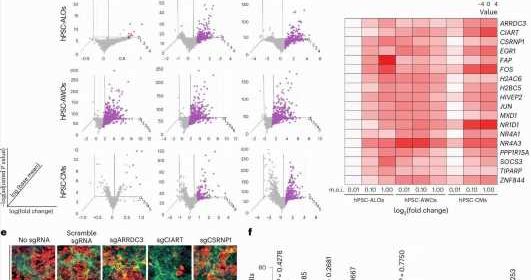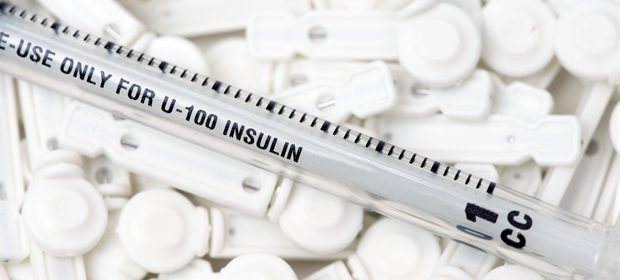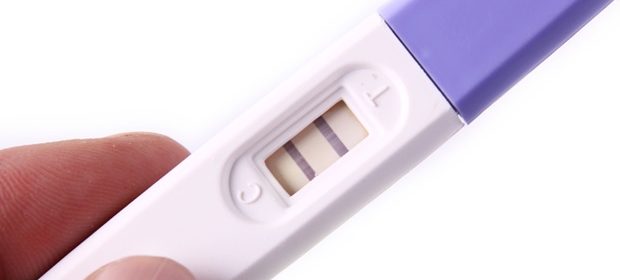Fomepizole helps overcome antibiotic-resistant pneumonia in mice

Pneumococcal disease leads to over three million hospitalizations and hundreds of thousands of deaths annually. A study publishing March 16th in the open access journal PLOS Biology by Carlos J. Orihuela at the University of Alabama at Birmingham, Alabama, United States, and colleagues suggests that the FDA-approved drug Fomepizole may reduce disease severity in the lungs of mice with some […]
Continue reading »







